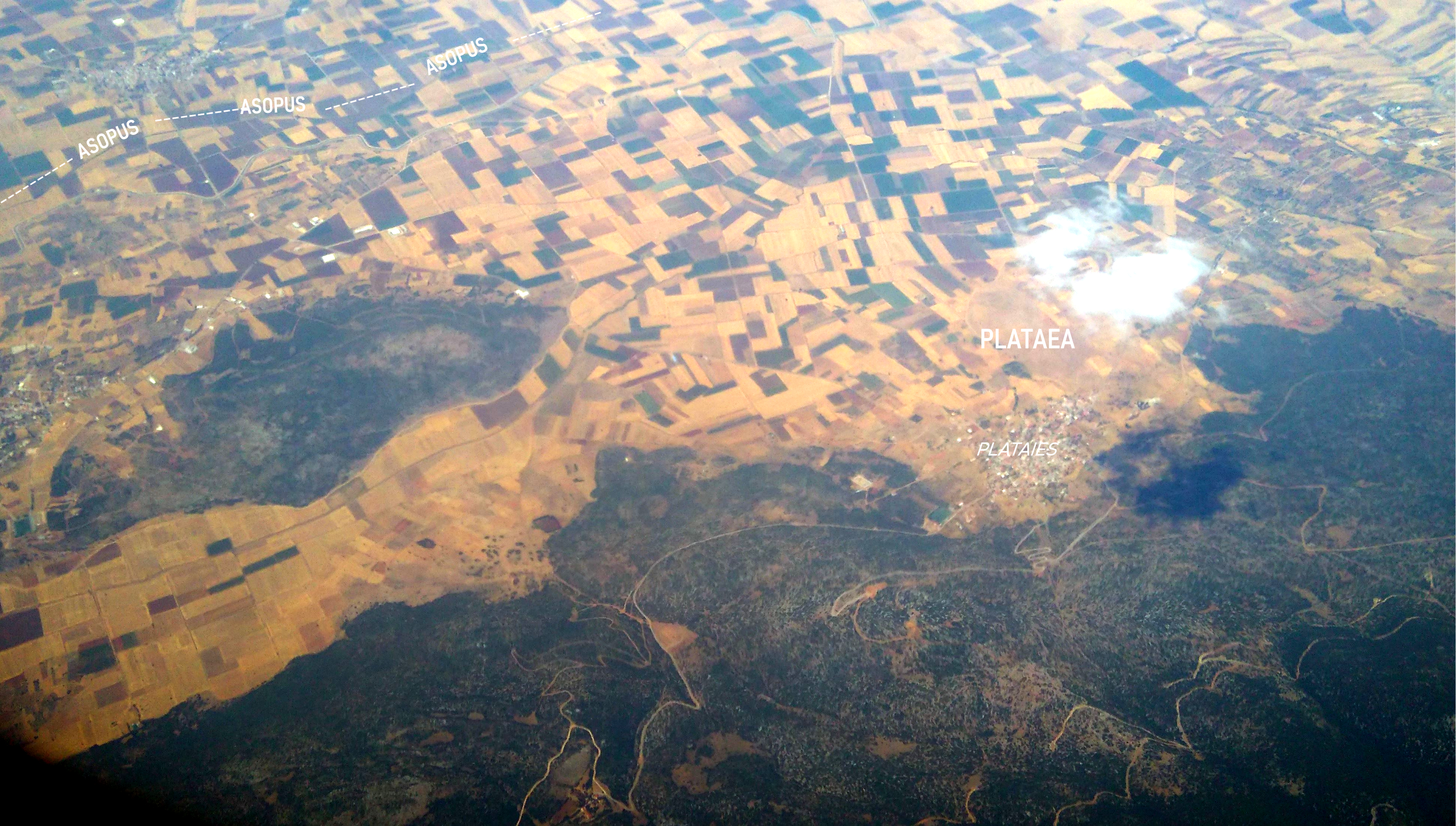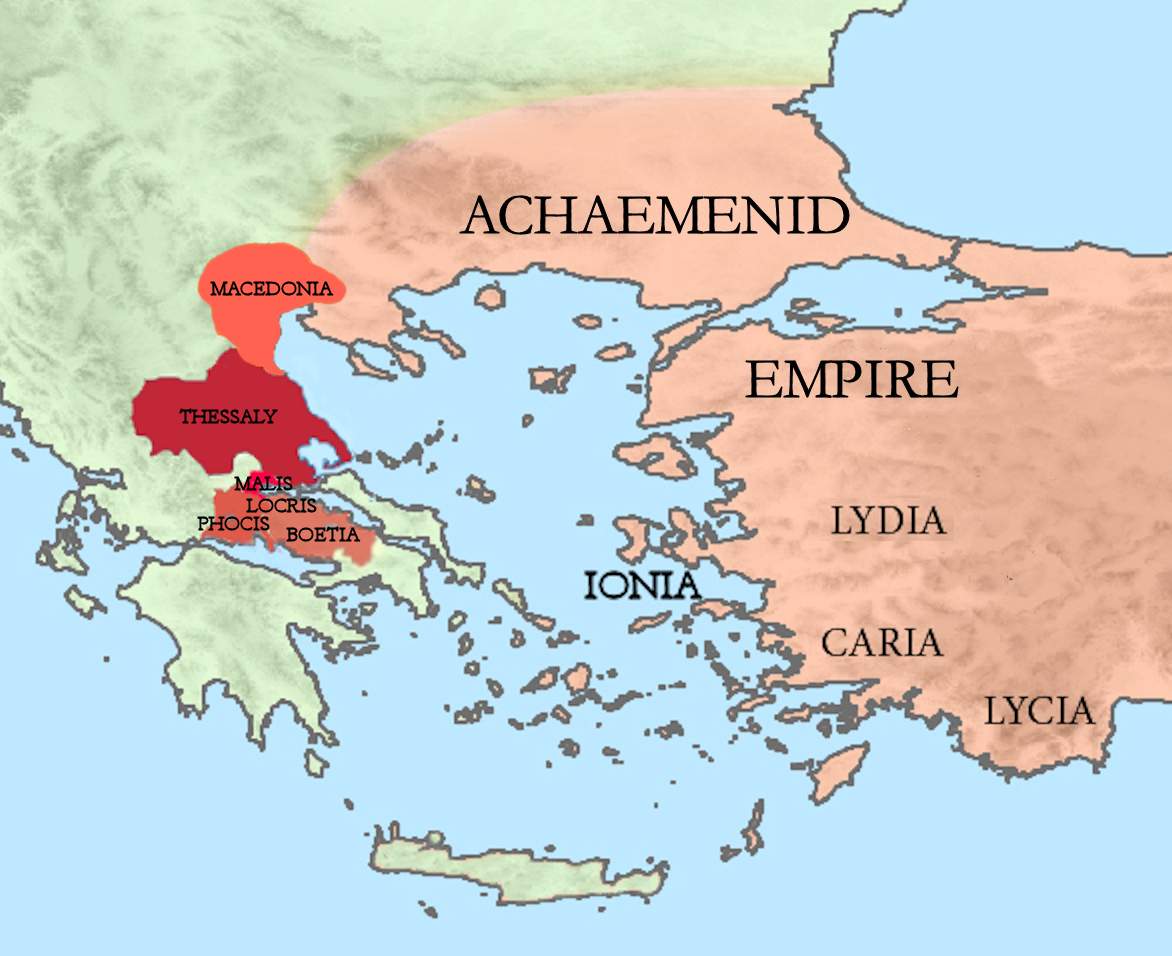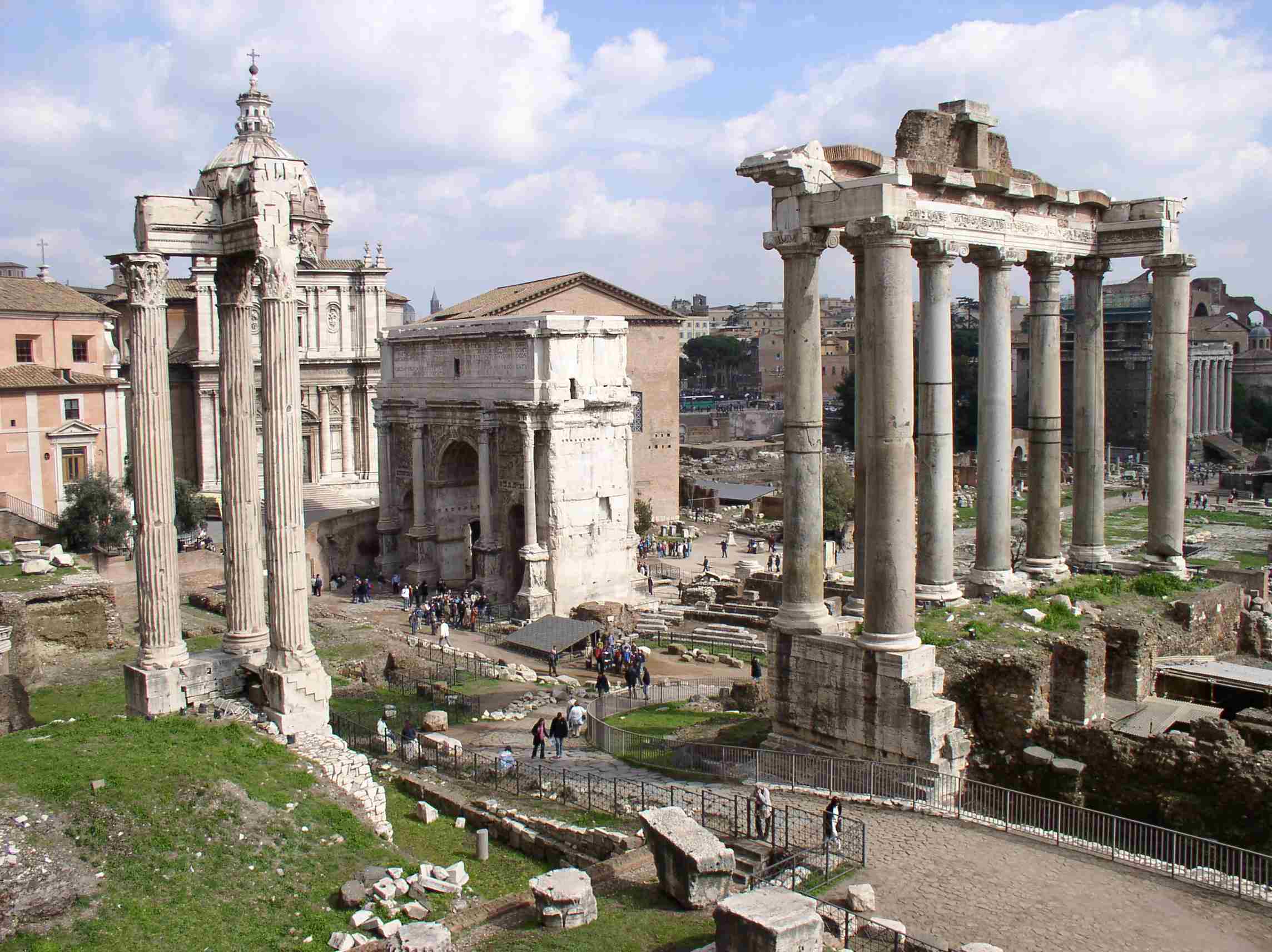|
Plataies
Plataies ( el, Πλαταιές), anciently Kokhla, is a village and a former municipality in Boeotia, Greece. Since the 2011 local government reform it is part of the municipality Thebes, of which it is a municipal unit. The municipal unit has an area of 172.533 km2, the community 37.321 km2. Population 4,908 (2011). The seat of the former municipality was in Kaparelli. The village is next to the ruins of the ancient city of Plataea and near the site of the Battle of Plataea. See also * Plataea * Battle of Plataea The Battle of Plataea was the final land battle during the second Persian invasion of Greece. It took place in 479 BC near the city of Plataea in Boeotia, and was fought between an alliance of the Greek city-states (including Sparta, Athen ... References Populated places in Boeotia {{CentralGreece-geo-stub ... [...More Info...] [...Related Items...] OR: [Wikipedia] [Google] [Baidu] |
Plataea
Plataea or Plataia (; grc, Πλάταια), also Plataeae or Plataiai (; grc, Πλαταιαί), was an ancient city, located in Greece in southeastern Boeotia, south of Thebes.Mish, Frederick C., Editor in Chief. “Plataea.” '' Webster’s Ninth New Collegiate Dictionary''. 9th ed. Springfield, MA: Merriam-Webster Inc., 1985. , (indexed), and (deluxe). It was the location of the Battle of Plataea in 479 BC, in which an alliance of Greek city-states defeated the Persians. Plataea was destroyed in the Peloponnesian War by Thebes and Sparta in 427 BC, and rebuilt in 386. The modern Greek town of Plataies is built near its ruins. Alliance with Athens and presence at Marathon Herodotus wrote that, in order to avoid coming under Theban hegemony, Plataea offered to "put themselves into Spartan hands". However, the Spartans refused this offer and, wishing to cause mischief between the Boeotians and Athens, recommended that the Plataeans ally themselves with Athens inste ... [...More Info...] [...Related Items...] OR: [Wikipedia] [Google] [Baidu] |
Boeotia
Boeotia ( ), sometimes Latinized as Boiotia or Beotia ( el, Βοιωτία; modern: ; ancient: ), formerly known as Cadmeis, is one of the regional units of Greece. It is part of the region of Central Greece. Its capital is Livadeia, and its largest city is Thebes. Boeotia was also a region of ancient Greece, from before the 6th century BC. Geography Boeotia lies to the north of the eastern part of the Gulf of Corinth. It also has a short coastline on the Gulf of Euboea. It bordered on Megaris (now West Attica) in the south, Attica in the southeast, Euboea in the northeast, Opuntian Locris (now part of Phthiotis) in the north and Phocis in the west. The main mountain ranges of Boeotia are Mount Parnassus in the west, Mount Helicon in the southwest, Cithaeron in the south and Parnitha in the east. Its longest river, the Cephissus, flows in the central part, where most of the low-lying areas of Boeotia are found. Lake Copais was a large lake in the center of Boeo ... [...More Info...] [...Related Items...] OR: [Wikipedia] [Google] [Baidu] |
Thebes, Greece
Thebes (; ell, Θήβα, ''Thíva'' ; grc, Θῆβαι, ''Thêbai'' .) is a city in Boeotia, Central Greece. It played an important role in Greek myths, as the site of the stories of Cadmus, Oedipus, Dionysus, Heracles and others. Archaeological excavations in and around Thebes have revealed a Mycenaean settlement and clay tablets written in the Linear B script, indicating the importance of the site in the Bronze Age. Thebes was the largest city of the ancient region of Boeotia and was the leader of the Boeotian confederacy. It was a major rival of ancient Athens, and sided with the Persians during the 480 BC invasion under Xerxes I. Theban forces under the command of Epaminondas ended Spartan hegemony at the Battle of Leuctra in 371 BC, with the Sacred Band of Thebes, an elite military unit of male lovers celebrated as instrumental there. Macedonia would rise in power at the Battle of Chaeronea in 338 BC, bringing decisive victory to Philip II over an alliance ... [...More Info...] [...Related Items...] OR: [Wikipedia] [Google] [Baidu] |
Battle Of Plataea
The Battle of Plataea was the final land battle during the second Persian invasion of Greece. It took place in 479 BC near the city of Plataea in Boeotia, and was fought between an alliance of the Greek city-states (including Sparta, Athens, Corinth and Megara), and the Persian Empire of Xerxes I (allied with Greece's Boeotians, Thessalians, and Macedonians). The previous year the Persian invasion force, led by the Persian king in person, had scored victories at the battles of Thermopylae and Artemisium and conquered Thessaly, Phocis, Boeotia, Euboea and Attica. However, at the ensuing Battle of Salamis, the allied Greek navy had won an unlikely but decisive victory, preventing the conquest of the Peloponnesus. Xerxes then retreated with much of his army, leaving his general Mardonius to finish off the Greeks the following year. In the summer of 479 BC the Greeks assembled a huge (by ancient standards) army and marched out of the Peloponnesus. The Persians retr ... [...More Info...] [...Related Items...] OR: [Wikipedia] [Google] [Baidu] |
Central Greece (region)
Central Greece ( el, Περιφέρεια Στερεάς Ελλάδας, translit=Periféria Stereás Elládhas, , colloquially known as Ρούμελη (''Roúmeli'')) is one of the thirteen administrative regions of Greece. The region occupies the eastern half of the traditional region of Central Greece, including the island of Euboea. To the south it borders the regions of Attica and the Peloponnese, to the west the region of West Greece and to the north the regions of Thessaly and Epirus. Its capital city is Lamia. Administration The region was established in the 1987 administrative reform. With the 2010 Kallikratis plan, its powers and authority were redefined and extended. Along with Thessaly, it is supervised by the Decentralized Administration of Thessaly and Central Greece based at Larissa. The region is based at Lamia and is divided into five regional units (pre-Kallikratis prefectures), Boeotia, Euboea, Evrytania, Phocis and Phthiotis Phthiotis ( e ... [...More Info...] [...Related Items...] OR: [Wikipedia] [Google] [Baidu] |
Greece
Greece,, or , romanized: ', officially the Hellenic Republic, is a country in Southeast Europe. It is situated on the southern tip of the Balkans, and is located at the crossroads of Europe, Asia, and Africa. Greece shares land borders with Albania to the northwest, North Macedonia and Bulgaria to the north, and Turkey to the northeast. The Aegean Sea lies to the east of the mainland, the Ionian Sea to the west, and the Sea of Crete and the Mediterranean Sea to the south. Greece has the longest coastline on the Mediterranean Basin, featuring thousands of islands. The country consists of nine traditional geographic regions, and has a population of approximately 10.4 million. Athens is the nation's capital and largest city, followed by Thessaloniki and Patras. Greece is considered the cradle of Western civilization, being the birthplace of democracy, Western philosophy, Western literature, historiography, political science, major scientific and mathematical ... [...More Info...] [...Related Items...] OR: [Wikipedia] [Google] [Baidu] |
Government Gazette (Greece)
The ''Government Gazette'' ( el, Εφημερίς της Κυβερνήσεως, translit=Efimeris tis Kyverniseos, translit-std=ISO, lit=Government Gazette) is the official journal of the Government of Greece which lists all laws passed in a set time period ratified by Cabinet and President. It was first issued in 1833. Until 1835, during the regency on behalf of King Otto, the gazette was bilingual in Greek and German. No law in Greece is valid until is published in this journal. Foundations, duties and rights of juridical persons should be published in this journal. The printed issues of the Government Gazette are sold by the National Printing House of Greece. They can also be searched and downloaded from the official site of the House. An issue of the gazette is called "Government Gazette Issue" (, ''ΦΕΚ'', ''FEK''), Each issue is separated into volumes called «Τεύχος» with distinct roles. References Publications established in 1833 Newspapers published in ... [...More Info...] [...Related Items...] OR: [Wikipedia] [Google] [Baidu] |
Ruins Of Plataea
Ruins () are the remains of a civilization's architecture. The term refers to formerly intact structures that have fallen into a state of partial or total disrepair over time due to a variety of factors, such as lack of maintenance, deliberate destruction by humans, or uncontrollable destruction by natural phenomena. The most common root causes that yield ruins in their wake are natural disasters, armed conflict, and population decline, with many structures becoming progressively derelict over time due to long-term weathering and scavenging. There are famous ruins all over the world, with notable sites originating from ancient China, the Indus Valley and other regions of ancient India, ancient Iran, ancient Israel and Judea, ancient Iraq, ancient Greece, ancient Egypt, Roman sites throughout the Mediterranean Basin, and Incan and Mayan sites in the Americas. Ruins are of great importance to historians, archaeologists and anthropologists, whether they were once individual forti ... [...More Info...] [...Related Items...] OR: [Wikipedia] [Google] [Baidu] |




